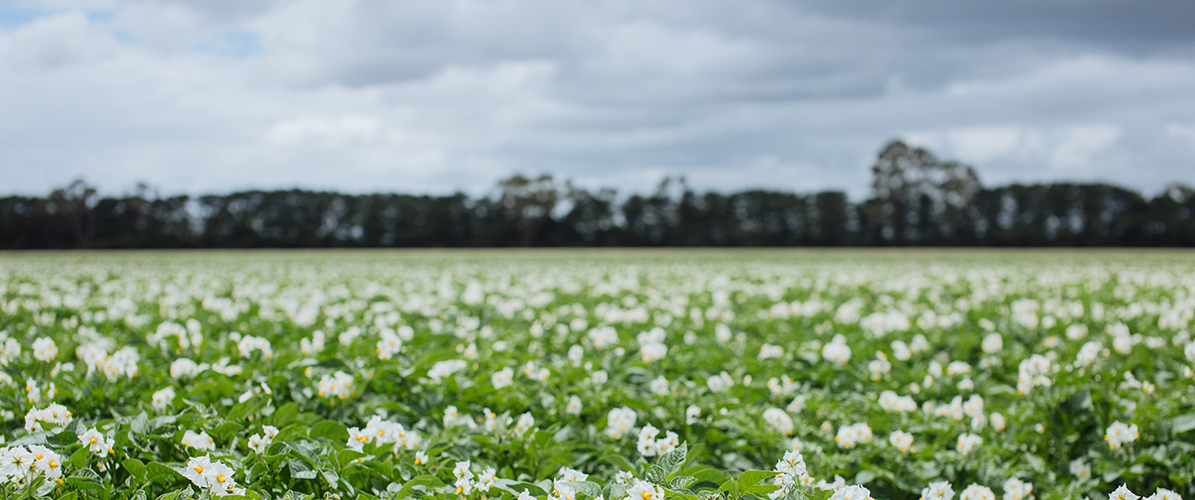SA growers learn the importance of staying alert and aware of pests and diseases
On Thursday 2 May 2019, AUSVEG SA, Potatoes SA and Biosecurity SA facilitated a biosecurity workshop at the Virginia Horticulture Centre. Approximately 25 vegetable and potato industry representatives attended the event.
AUSVEG SA CEO Jordan Brooke-Barnett kicked things off, welcoming the group and outlining the day’s discussion topics, including incursion response, preparedness, and real-life incursion experience.
The first presentation was given by Christina Cook, Project Manager at Biosecurity SA. Christina’s presentation was focused on preparing for an incursion and the government’s role in a response. She highlighted the importance of reporting suspect plant pests as quickly as possible, touching on the example of cucumber green mottle mosaic virus (CGMMV).
Christina’s take-home message for growers was to always ‘be informed, be prepared.’ She also stressed the importance of being familiar with the top 42 high priority plant pests, and how crucial it is to employ preventative activities on-farm to mitigate the impact of an incursion.
Christina’s talk was followed by an introduction to the Clean Your Farm initiative from Biosecurity SA Project Officer, Michelle Carr. The Clean Your Farm initiative looks at ways of encouraging growers to implement biosecurity measures on their farms to protect them and their neighbours against pest and disease incursions. The initiative focuses on reducing disease and weed risks to increase profits and productivity by remembering that ‘equipment and people spread disease’, and ‘bad bugs live in weeds.’
The final speaker for the day was Western Australian potato grower Darryl Smith, the first grower in Australia to have tomato-potato psyllid detected on his property. Darryl detailed his experiences during the incursion in 2017, specifically being quarantined and unable to move produce, and his experience with owner reimbursement costs (ORCs). Darryl’s final message enforced the need for growers to become more resistant to threats and the importance of being as informed as possible, which related seamlessly back to Biosecurity SA’s message.
The session ended with a Q&A, which focused around more details of Darryl’s experience, on-farm biosecurity practices and ways to improve biosecurity planning at the regional levels. Overall, the event was very successful.
This post appeared in the AUSVEG Weekly Update published 7 May 2019. Subscribe to the Update using our online form to receive the latest industry news in your inbox every week!

